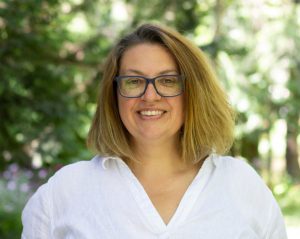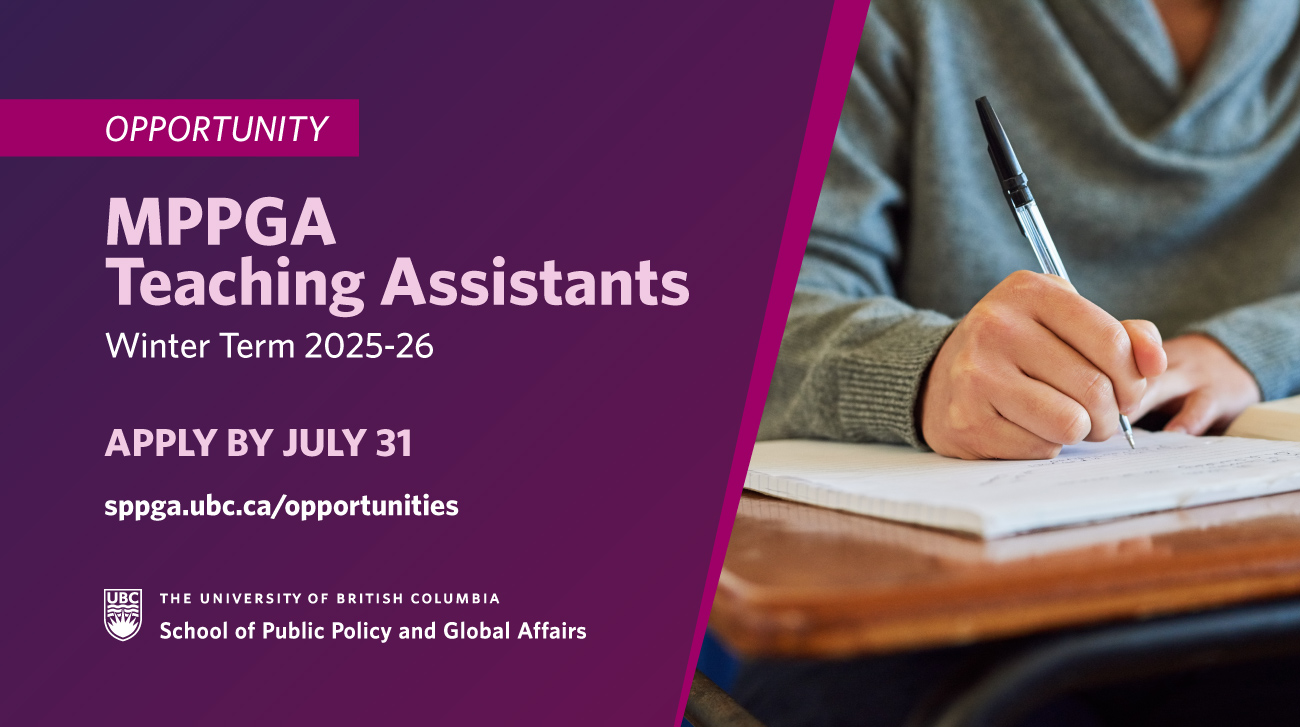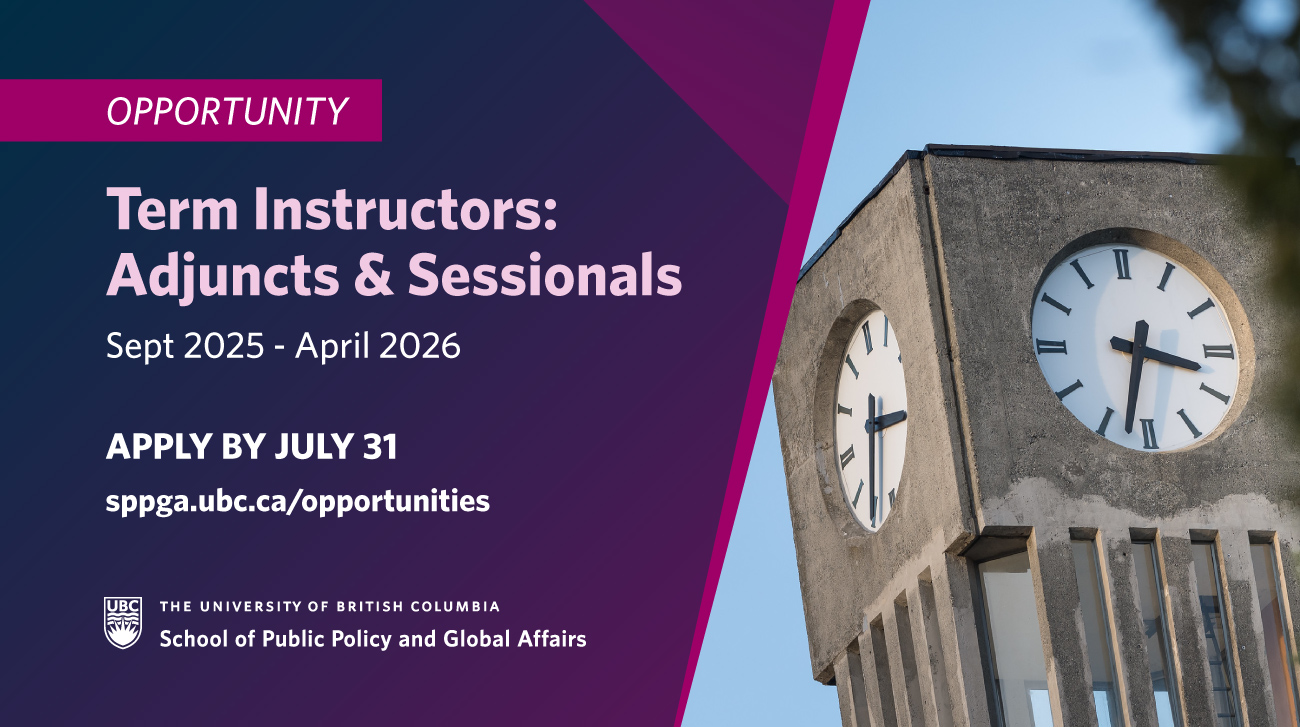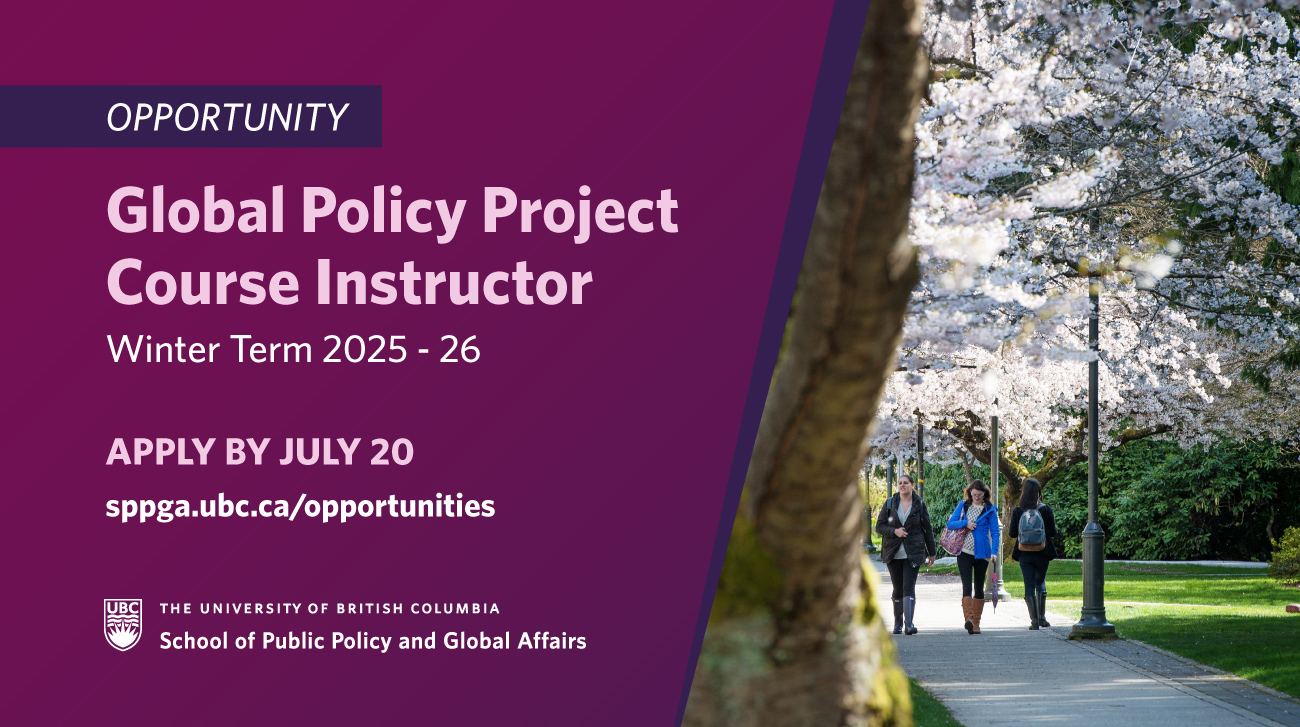The Office of Regional and International Community Engagement (ORICE) recently joined the School of Public Policy and Global Affairs as a Partner of the school. Learn more in our announcement and in our interview with Director Tamara Baldwin below:


You’ve been the Director of this office for 12 years. What are some of your proudest accomplishments?
It’s hard to pinpoint specific moments but I think that the meaningful and long-lasting relationships we’ve built over the years have definitely made my role very rewarding—whether it is with students, faculty or our community partners. We focus on what it means to truly ethically engage, to build trust, to work through challenges and build collaborative relationships. These processes form the foundations of all the work that we do with community partners. These initiatives centre the enhancement of traditional teaching and learning environments by questioning roles of expertise; including lived-experience as legitimate; and to ultimately collaboratively reimagine spaces of learning.
ORICE supports a number of courses across disciplines. What courses have you recently worked on with faculty? How do you incorporate community engagement in the coursework?
Throughout the years, ORICE has engaged in coursework that utilizes various forms of community based experiential learning, including international service learning, community based participatory research and human centred design methodologies. Recently, due to COVID-19, we have had to adapt all of our community engaged coursework but we have been able to build from some of our previous collaborations. For example, the Wicked Problems in Community Development (ASTU 401G) course has been working remotely with community partners in India using various technologies for the past three years and we were able to harness the lessons from this course to apply to remote learning and education programs this summer.
We have also been enjoying the opportunity to work with Dr. Katherine Lyon on the COVID-19 and Society Course (SOCI 410C) that provides students with the opportunity to create infographics for community organizations experiencing challenges related to the pandemic. In all cases, ORICE works with faculty members and community organizations to understand how students can apply their disciplinary knowledge to the priorities of the community. Janice McMillan, a scholar from University of Cape Town, builds on Wenger’s (1998) work and refers to the work we do in university-community collaborations as ‘boundary work’. Wenger describes boundary work as a complex role that involves ‘processes of translation, coordination and alignment between perspectives’.
Community engagement work is very relational and iterative, requiring time and care to make a meaningful connection across a multitude of stakeholders. I suppose that building strong relationships stands out as a highlight in this work.
ORICE has now joined the School of Public Policy and Global Affairs. What are the opportunities you are most excited about?
The interdisciplinary nature at SPPGA resonates with ORICE as we strive to integrate various disciplines into our work when thinking about complex issues and challenges. We look forward to connecting undergraduate and graduate students in dialogue about pressing global issues. We are also excited to work with different faculty members and units within the School to work on furthering course development, events and programs and being able to draw on their expertise.
Many of our Master of Public Policy and Global Affairs students are passionate about addressing critical social and environmental challenges that are global in scope. What are some of the ways that you envision MPPGA students being involved in ORICE’s programs and activities?
I believe there is a lot of potential for collaboration and involvement with MPPGA students within our Collective for Gender+ in Research, as well as our joint-initiative with Dr. Jenny Peterson and UBC’s Scholars at Risk program. Being a part of SPPGA, we will have the opportunity to get to know the MPPGA cohorts better and look forward to engaging them in speaker series, workshops and other community-engaged courses and research. We welcome individual students in MPPGA and beyond to reach out to us if they’d like to be involved in planning UBC ORICE activities and events.
This is a challenging time for our entire university community due to the COVID-19 pandemic. How is ORICE responding to the crisis?
We are actively adjusting and adapting remote programs to ensure our students have opportunities to work with community partners to address the current needs brought on by the unique challenges of COVID-19. Communication with our partners is at the heart of adapting to ensure that our collaborations are truly generative and reflective of what is needed in a partnership from this moment in time. Early in the summer it became clear that although we would need to work remotely, students, faculty, and community partners were still looking for the opportunity to work together to address issues arising from or related to the pandemic. We piloted several collaborations internationally and regionally, such as a design research project with a partner in India looking to address mental health concerns with school age children facing increased isolation; an examination of what is required for a federal SDG sensitive COVID-19 recovery plan; co-produced videos and infographics for hearing impaired individuals in Uganda.
From these pilot programs we have learned how to adapt what might have been considered only possible through face to face communication, developed guidelines and practices for ethical virtual community engagement and identified new projects and collaborations as the pandemic continues.
Thank you, Tamara. We look forward to highlighting ORICE’s programming and opportunities for the SPPGA community to engage with ORICE in the years to come.
Reference: McMillan, J. 2011. What happens when the university meets the community? Service learning boundary work and boundary workers. Teaching in Higher Education. 16(5): 553-564. DOI: 10.1080/13562517.2011.580839.


